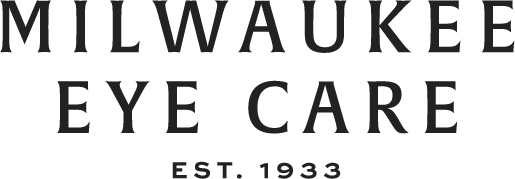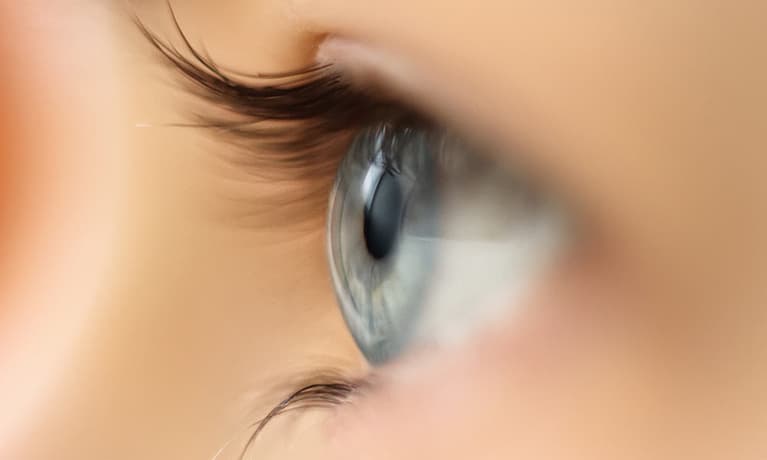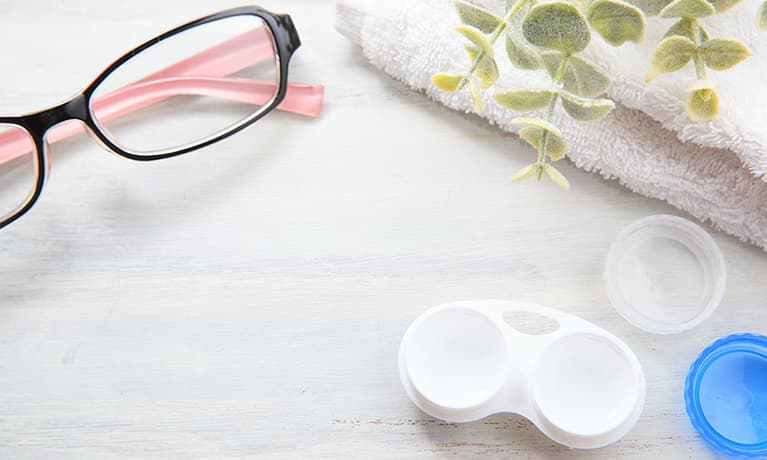As always, here at Milwaukee Eye Care, we are hard at work keeping up with the latest technology in eye care. Today is no exception, and the hot topic is that a revolutionary way to treat glaucoma is in the works! Glaucoma is a condition which results in loss of optic nerve tissue over time, silently stealing peripheral vision until the central vision is lost.
Treatment of glaucoma has primarily comprised long term use of eye drops to lower the pressure inside the eye. Sometimes, we use surgery or laser treatment to further lower eye pressure when drops are no longer adequate. Glaucoma typically presents in later years, and for many people, especially those who suffer from conditions such as Arthritis or Parkinson’s disease, getting eye drops into the eyes can be very difficult. Alternative surgical treatments can carry significant risks. Bionode is a company developing special glasses paired with contact lenses to treat glaucoma, a noninvasive way to potentially free a patient from the daily constraint of eye drops and without the side effects of medications or risks of surgery. Imagine treating Glaucoma by simply wearing special glasses paired with a contact lens!
According to Dr. Pedro Irazoqui, PhD, a professor of electrical, computer and biomedical engineering at Purdue and one of the primary researchers working with Bionode, the new glasses are paired with a contact lens containing a gold-trace ring. These glasses produce a magnetic field that then generates a current in the contact lens. The current flows through the eye and electrically stimulates the muscles surrounding the area where the aqueous fluid leaves the eye. The treatment allows the eye’s natural drainage pathway to work more efficiently, thus decreasing pressure in the eye. No side effects have been noted so far. Research is preliminary at this point, though, and more questions will need to be answered before this treatment becomes available to the public.
Eventually, the hope is to have these glasses look like any other pair of vision correcting glasses. When we asked our glaucoma specialist, Dr. Nicholas Frame, he explained, “We have several surgical options designed to improve eye pressure by helping the eye drain aqueous fluid more efficiently. It would be great if we could accomplish the same feat without making an incision, and simply prescribing glasses and contacts. I am excited to see results from larger clinical trials.”
Although these glasses and contacts are not available now, it is important that patients with glaucoma have proper eyewear. Use of glasses can provide protection for patients who may only have one functional eye. In these cases, polycarbonate lenses can offer more protection. Many patients with glaucoma suffer from reduced contrast and difficulty adjusting between light and dark settings. Using sunglasses or transition lenses in bright conditions can sometimes help with these adjustments.










